For those with children starting school for the first time this upcoming academic year, the countdown is now on.
But as your little one prepares to make the transition to ‘big school’, is now the time to start cramming their number counting, or helping them with their colours, to make sure that they’re ready for their first term?
Absolutely not, says Amy Carroll, Assistant Principal at Ranches Primary School:
“Some parents think that ‘school readiness’ means being academically ready for school; being able to write their name or being able to recognise all the colours. That is a misconception.”
Instead, there are two aspects of school readiness that Ms Carroll’s team at Ranches Primary School focus on, she says:
“We look at transitions; so your child is moving from either a nursery or home setting, into the school environment.”
“And we look at competencies; what kind of skills does your child need to really succeed?”
According to research by UN children’s agency UNICEF, school readiness is not just about the child’s aptitude or the school’s atmosphere alone, but about a synergy of environmental and cultural factors – which encompass the readiness of the child, the child’s family, and the school itself – working together to create a setting that supports optimal development. Amy Carroll continues:
“If we look at the research done by UNICEF, there are three main things we look at:
-
The child being ready
-
The Early Years setting
-
Parents being ready”
So how can parents ensure they and their child are as ready as possible for starting school? Here are some school readiness tips to ensure your child is as emotionally, physically and practically prepared as possible for the big transition from their home or nursery setting into ‘big school’.
WATCH THE VIDEO: School Readiness tips to prepare your child for school
15 Things to do over summer to prepare your child for school
1) Help your child to recognise their name
While academic preparation is not necessary on the run-up to starting school, it can really help if a child is able to recognise their name – whether it’s on their cubby, or on a name label on an item of their clothing. Amy Carroll, Assistant Principal of Ranches Primary School says:
“You could have it stuck up on the fridge or the front door at home, they can high-five it on the way out; recognising their name is a really important skill that you can practise with them now.”
2) Encourage self-care
David Wilcock, Head of Primary, The English College says:
“Begin to encourage your child to be independent with small tasks. For example, allow them to try to get dressed themselves, put on own socks and shoes.”
Self care can also extend to lunch boxes and water bottles says Amy Carroll of Ranches Primary School:
“Get that lunch box early and encourage them to use it lots. Take it with you on picnics, if you’re travelling on the aeroplane. So it’ll be that bit of familiarity that they’re able to take with them into school.”
3) Get them moving!
Paula Phinn, Primary Vice Principal, GEMS Wellington Academy – Al Khail says:
“Practise moving! Did you know that big body movements (jumping, running, climbing) and small body movements (pinching, rolling, playing with Lego) all contribute to early writing development? Make sure your child is active over the summer.”
4) Offer unstructured play
Preparing for school really can be fun! Enabling your child to play as much as possible is key – but this doesn’t mean you need to supervise activity after activity. Quite the opposite, in fact, says Amy Carroll:
“As much as possible, offer your child unstructured play opportunities – let them play with their friends and their cousins, because that’s really going to help them when it comes to starting school.”
5) Start bringing bedtime forward now
Most children fall completely out of the usual bedtime routine during the summer holidays – and many very little ones won’t be used to getting up and out quite so early if they’ve not been in nursery before. Starting school is going to be disruptive enough, without sleep deprivation on top to make things worse, so it’s important to help your child be as rested as possible. It’s not easy to turn around a sleep routine overnight, but gradually bringing forward your child’s bedtime by 15 minutes each night is a tried and tested way of easing them into an earlier routine – which might mean you need to start now. Paula Phinn, Primary Vice Principal, GEMS Wellington Academy – Al Khail says:
“Try to have a consistent bedtime from at least two weeks before starting school to prepare your child’s body clock.”
As a general rule three-year-olds should be getting 12-14 hours of sleep per night.
6) Tackle toilet training
Most schools require children to be fully toilet trained before they start school, and potty training can be one of the most nerve-wracking aspects of school readiness for many parents – especially if your child is not yet fully out of daytime nappies in the summer holiday before term starts.
If this is the case for your child, please do not worry – schools are used to working with families on this, and it’s important not to create shame or anxiety around the topic as your child will pick up on it. Be honest with the school regarding your child’s toilet learning and be prepared that there will be accidents – ensure your little goes in with a spare set of clothes available in case he or she needs to change throughout the day.
There are plenty of potty training books and resources available to help, but if your child just doesn’t seem to be getting it then consider trying an expert: The Potty Queen, aka Principal Lisa, is a Dubai-based early years educator and former Nursery Pricipal who has worked with hundreds of families and helped them with toilet learning, and has flexible payment plans for anyone on a budget who needs assistance.
For children who are already potty trained, coaching them to be more independent will stand them in good stead for starting school, says Amy Carroll of Ranches Primary School:
“Over the summer holidays, I would get used to bringing your child to the toilet, helping them to be as independent as possible.”
Paula Phinn, Primary Vice Principal, GEMS Wellington Academy – Al Khail agrees:
“Practise using new toilets. Unfamiliar toilets can be unsettling for young children. Make sure your child has experience of using toilets when you are out and about. Practise dressing and washing hands independently to help develop independence ahead of starting school.”
7) Buy (the right) lunch boxes and water bottles – well in advance
Aside from uniforms, the choice you make in lunch boxes and water bottles can make a surprising difference. Yvonne Harte, FS1 teacher at Ranches Primary School, advises against sports-top bottles for most children, as the tops are often opened with little children’s teeth and are “an accident waiting to happen”. She also points out that thermal bottles are great for keeping drinks cool, but the screw top lid often makes for spillages. She recommends a no-leak, flip-up-straw style bottle, and says that it can be very helpful if the bottle is transparent, since teachers can then easily see if your child needs a top-up of water (not every child will be confident enough to tell the teachers that they have run out of water).
She also recommends paying close attention to the style of lunch box you choose and to practise eating out of the lunch box at home. Can they open and close it on their own? Can they eat out of the little compartments?
Lunchtime is a key event in a new school child’s day, and if they are able to get comfortable with eating by themselves at home it will give them confidence for doing the same in school. There are plenty of great back-to-school lunch box and water bottle options that will suit little hands, but checking out lovely local brand Citron as well as international brand Skip Hop are a great place to start.
8) Practise wearing the uniform
If you can get the school uniform in advance, this can really help, says Paula Phinn:
“Let your child get used to the feeling of the new clothing. Make sure they know how to unbutton/unzip when using the toilet to prevent any anxiety around this.”
9) Talk about their teacher in advance
Paula Phinn, Primary Vice Principal, GEMS Wellington Academy – Al Khail says:
“Talk about the teacher in advance and create a positive perception for your child. Look at a photograph of the teacher and practise saying her name. Think of some questions to ask her or create something to give her on the first day of school.”
10) Sort out your name labels
In the first few weeks of term it’s easy for things to go missing, and neither your child nor the teacher will necessary know what belongs to whom. This is why labelling everything is so important – from school bags, snack packs and water bottles, to shoes and hats. It’s horrible to feel frantic and rushed trying to label everything with marker pen the night before your child starts school. Get your name label orders in now, and choose a design your child will love, so you and your little one can enjoy sticking the labels on in advance. We recommend personalised sticker name labels for ease of use, unless you have a particular love for sewing; local UAE brands like Stuck On You promise not to come off in the dishwasher, or they have iron-on stickers for clothes.
11) Sing together
Paula Phinn, Primary Vice Principal, GEMS Wellington Academy – Al Khail says:
“Practise singing counting songs and nursery rhymes together. Your child will feel confident and familiar when the teacher introduces these in class.”
12) Play eye spy
Paula Phinn, Primary Vice Principal, GEMS Wellington Academy – Al Khail says:
“Look for letters and numbers in the environment. Can you spot them on cars, signs or in the supermarket?”
13) Get them excited about school
David Wilcock, Head of Primary, The English College says:
“Talk to your child as much as possible about their new school. Keep all discussions extremely positive with your child. Explain about the fun that they are going to have, all new friends that they will make and the new toys they will get to play with. You can also make it a special occasion when you go shopping for their new school uniform and lunch box.”
14) Have a dress rehearsal
On the run-up to starting school, have a trial run to get everyone prepared, says Paula Phinn, Primary Vice Principal, GEMS Wellington Academy – Al Khail:
“Rehearse the morning routine (getting up, dressing, brushing teeth) so that this doesn’t come as a shock in August. And practise the drive to school so your child knows what to expect on the first day.”
15) Talk about emotions
Key to an easy school transition is your own relationship with your child, says Amy Carroll, Assistant Principal at Ranches Primary School:
“Talk with your child. If they feel sad, talk to them about what they’re feeling about and how together you’re going to support each other.”
And whatever happens – don’t worry! The first few weeks of school have their challenges, but it’s and exciting milestone that we and your child’s school are here to support you through.
© SchoolsCompared.com. 2022. A WhichMedia Group Publication. All rights reserved.















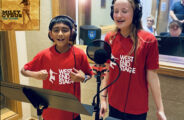



























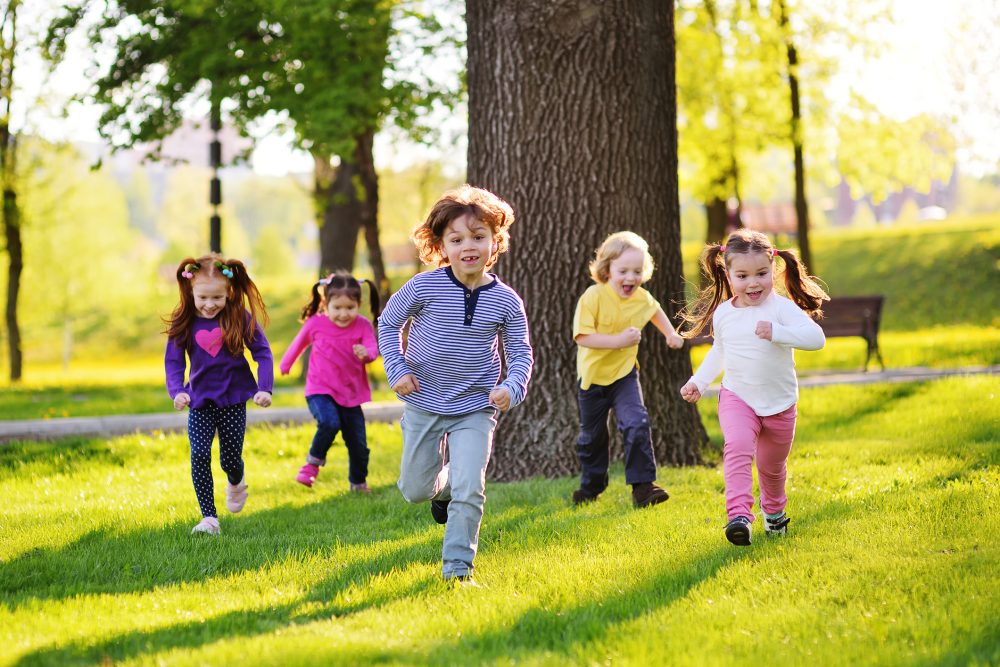


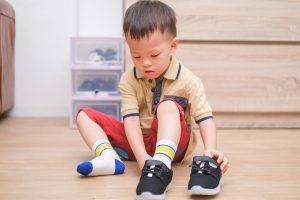



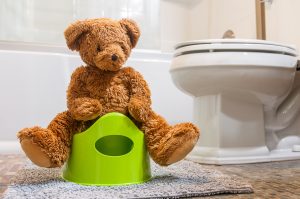
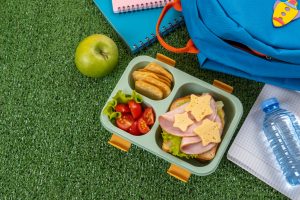


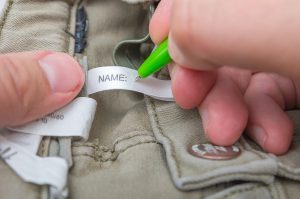




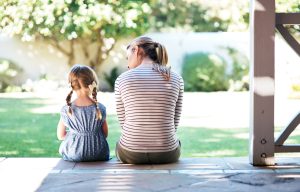
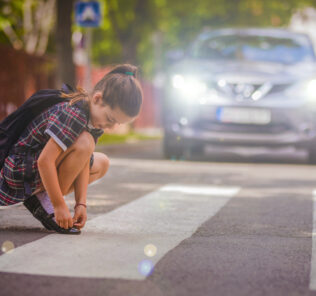
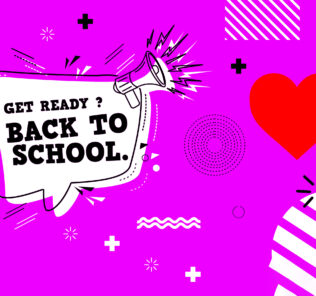
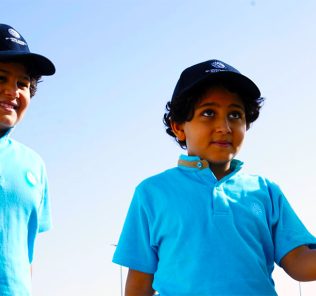


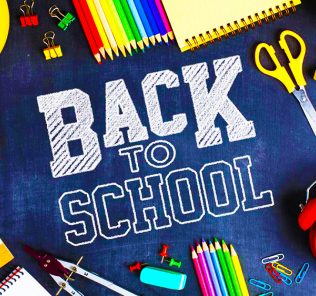

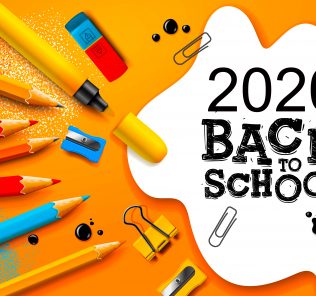












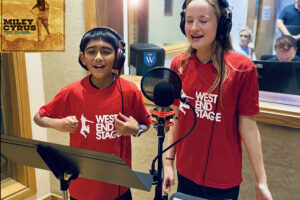

Leave a Response